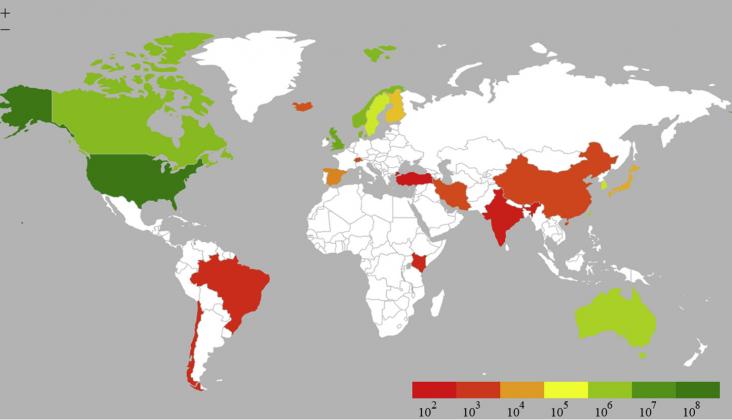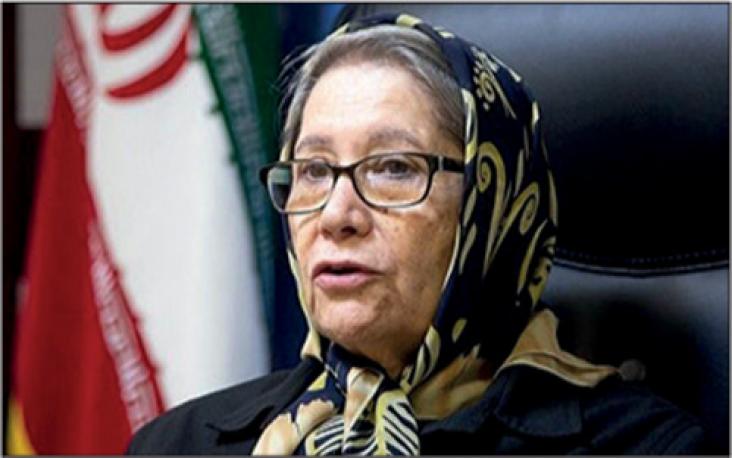An Editorial on the burden of HIV on marginalised communities across the Americas, in the context of SDGs 3 and 10, focusing specifically on the need to improve access to and quality of treatment and care for these populations, which include Indigenous peoples.
Bangladesh is one of the world's strongest emerging economies.
Dance for Parkinson's can be characterised as a growing social movement which has become a worldwide phenomenon that gives rise to new questions about the meaning and importance of dance in relation t
This study aims to map the learning trajectory (LT) of a student with learning disabilities (LDs) regarding the unit concept in length measurement and the usage of rulers.
Research suggests that racial/ethnic disparities in COVID-19 in the US are largely driven by higher rates of exposure to SARS-CoV-2 among Hispanic/Latino and Black populations.

In studies of hypertensive disorders of pregnancy, white women are overrepresented. There is limited and heterogeneous reporting of race and ethnicity information across studies and few include race and/or ethnicity variables in statistical analysis.
This Personal View supports SDGs 3 and 13, drawing attention to how the lived experiences of disability can deepen understanding of climate-resilient development, and how marginalisation increases vulnerability. The paper stresses the importance of solidarity in underpinning social choices.
This paper looks into the issues around renewable energy with a view to identify the opportunities for Nigeria and critically review the nation's renewable energy policy vis-à-vis the efforts and achievement of governments and indigenous practitioners.
Nutritional therapy can reduce the burden of depression management in low income countries: A review
IBRO Neuroscience Reports, Volume 11, December 2021
Depression is a serious mental and mood disorder with global health and economic burden. Nutrition through the application of necessary food classes or herbs as well as their phytochemicals, may go a long way to effectively manage depression. This nutritional strategy should be given more attention in research, assessment and treatment for those with depression and other mental illness in low income countries, especially in Africa.

